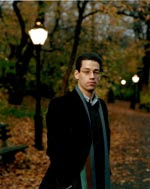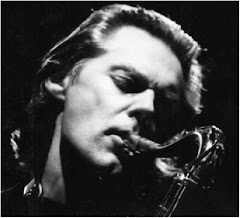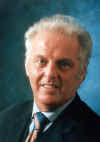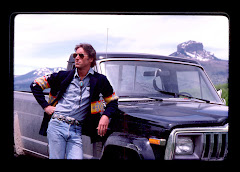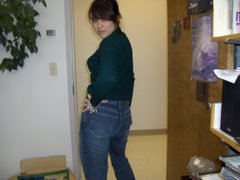
Those words came from my friend, Francois, who used to live just a few blocks from me in Palouse. He recently took a great job in Missouri and was planning on leaving his senior Bassett Hound, Babou, with me for a few weeks. As he spoke these words to me I was on the couch, my right foot encased in a knee high cast and perched atop a big, fluffy pillow. Just the day before I'd slipped off the edge of my sturdy
and orthopedically recommended sandals and broke my foot in three places. The break itself is not very inducive to gut busting laughter but leave it to Francois to find the funny side!
Sharing music with you in the mornings is such a part of my life that it's really felt strange to be at home and away from the music and the microphone for so long.
My last doctor's appointment was not as encouraging as I'd hoped. Apparently, the worst break has shown no healing at all and, unfortunately, has pulled even farther apart. After two weeks of being on crutches I was not thrilled at this news and at the recommendation that I be off my feet completely for another two weeks. Hopefully, there will be some new bone growth in the next week or so. If not, I think that surgery may be in my future.
Well, that's the update on why you haven't heard me on air for the past few weeks. While having a broken foot is not the ideal way to enjoy this amazing late summer
weather, I have learned a lot from this experience.

I've learned more about my friends and neighbors in Palouse, at Northwest Public Radio, in Pullman, Portland and beyond. I've learned how generous and hospitable we can be when someone is in need. I've received wonderful meals, rides to the doctor, loans of wheelchairs, gift of housecleaning, dog walks, books, encouragement, etc. I've received A LOT!!!! I've learned that the members of Palouse Federated Church rock!!!! I'm learning that while it is "more blessed to give than to receive" it can sometimes be more challenging to receive than to give. It's necessary, however, to learn to receive gracefully, gratefully and without guilt. This honors and respects the giver.
I hope that you are well and enjoying this amazing weather!










